Experiences of People with Disabilities (1867-1977)
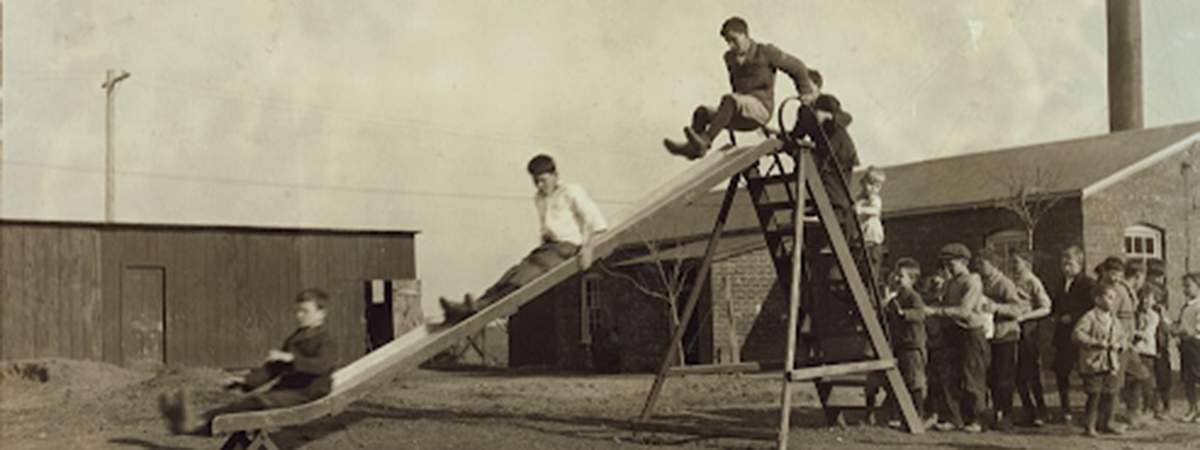
Historical context
Throughout history, societies have recognized that people have different abilities. Some people were identified as being disabled, though the definition of disability has changed over time. In the last two centuries in the US, the treatment of people with disabilities has changed significantly. Responsibility for the care and treatment of people with disabilities shifted from primarily within the family to institutions and government auspices, often in asylums (see also this Library of Congress resource including primary sources about asylums.) People with disabilities shifted from being largely hidden from public view to being more visible in the community. Disabled people have also pushed for changes to be included and have the same access to the community as everyone else.
Historical resources
- Bending the Arc of Disability History Toward Rights and Freedom video series by Allan Bergman
- Disability History: An Introduction
- Disability History by RespectAblity
Culturally relevant pedagogy considerations
Seeing oneself in the curriculum is critical. Tenet 2 of Culturally Responsive Pedagogy emphasizes that students see aspects of their identities mirrored in the curriculum, reading texts, assessments, and classroom environment. Many students, their family members, or friends have disabilities, and yet disability studies and disability history is rarely taught in schools. In a review of all standards of the US states, District of Columbia, territories, and Department of Defense Education Activity conducted by Wendy Harris in 2020, only 21 included the word disability or disabilities, many of those in “Americans with Disabilities Act.” Disability history is also the history of the most diverse minority group and reflects all these intersectional identities. This source set is a contribution to including disability history in the classroom and includes sources reflecting the experience in asylums, others around classifying disabilities and policies restricting or supporting people with disabilities, and still others around resilience, resistance and joy.
Content warning
Several of these sources use words that may have been appropriate to use in the past but are now offensive to many people. It is important to clarify the meaning of words as used in the past and to let students know which words are offensive. It is also important for students to know these terms even if they are no longer acceptable, as they are useful keywords to use when researching historical topics around disabilities. For more discussion of terms used for disability over time, see this guide to disability terminology or this guideline for writing or talking about people with disabilities.
This set was compiled by Wendy Harris, high school teacher at Metro Deaf School in St. Paul, Minnesota.
Classroom ready resources
Experiences of People with Disabilities (1867-1977) (High School)
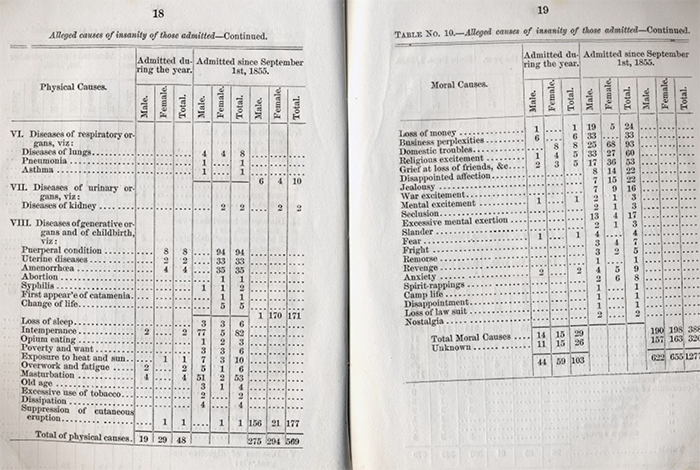
Lunatic asylum demographics
Date: 1867
Creator: Board of Trustees and Offers of the Southern Ohio
Type: Report
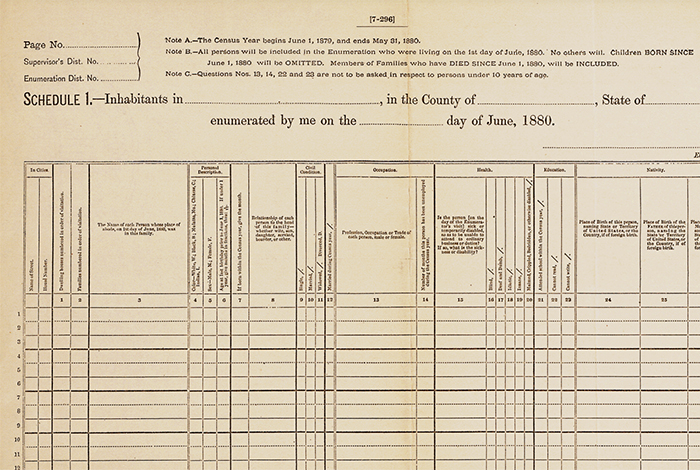
1880 Census Form
Date: 1879
Creator: US Census Bureau
Type: Form
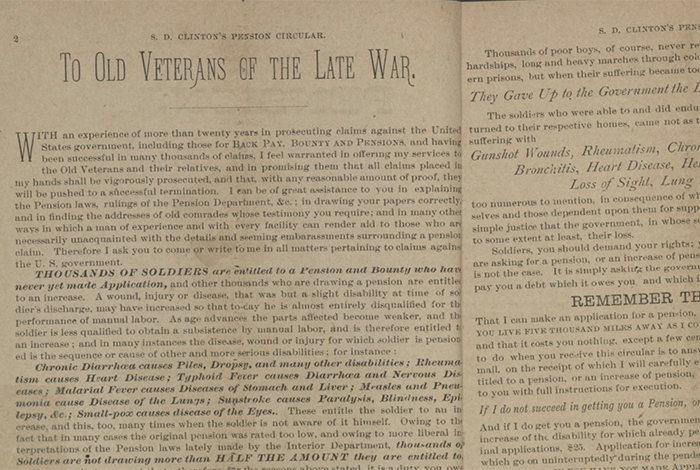
Pensions!
Date: approx. 1882
Creator: S. D. Clinton
Type: Pamphlet
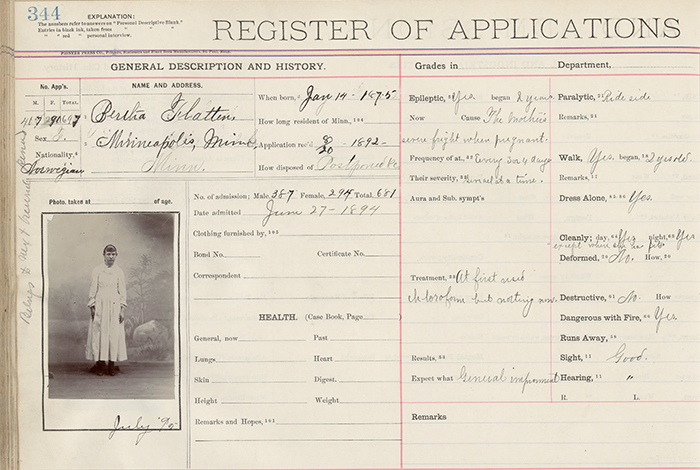
Bertha Flatten’s registration form
Date: 1892
Creator: Faribault State School and Hospital
Type: Ephemera
Transcript
Content Warning: Brief mention of sexual behavior
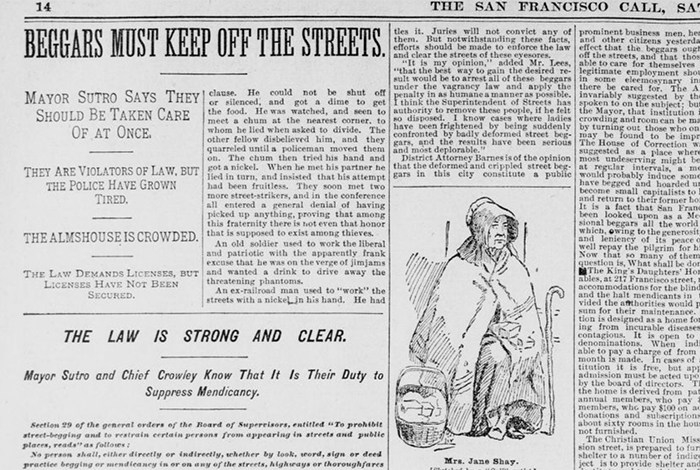
Beggars Must Keep Off the Streets
Date: March 9, 1895
Creator: The San Francisco Call
Type: Newspaper
Location: Columns 1-5
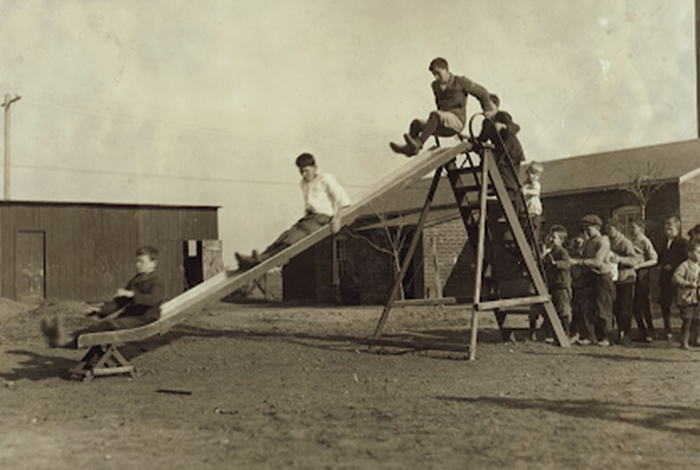
Playtime at the Oklahoma School for the Blind
Date: 1917
Creator: Lewis Hine
Type: Photograph
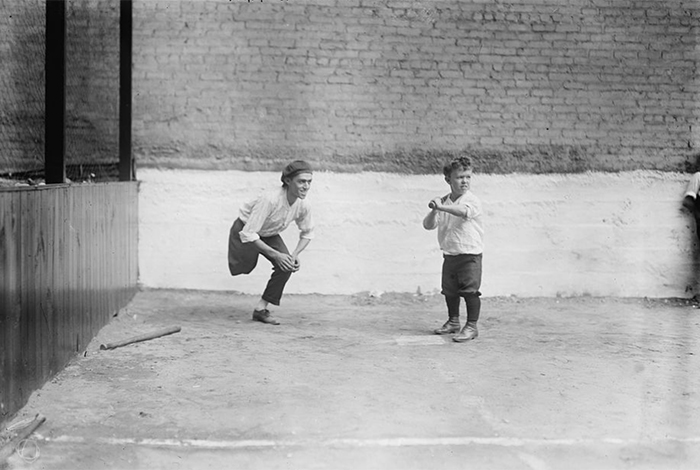
Cripples Play Baseball 1919
Date: 1919
Creator: Bain News Service
Type: Photograph

Ellis Island, Psychopathic Ward
Date: after 1933
Creator: Historic American Buildings Survey
Type: Drawing
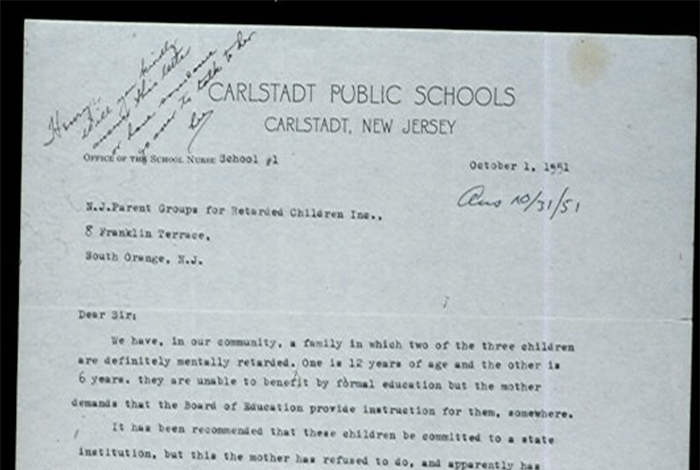
Letter barring attendance
Date: October 1, 1951
Creator: M. Novella, School Nurse
Type: Letter
Transcript
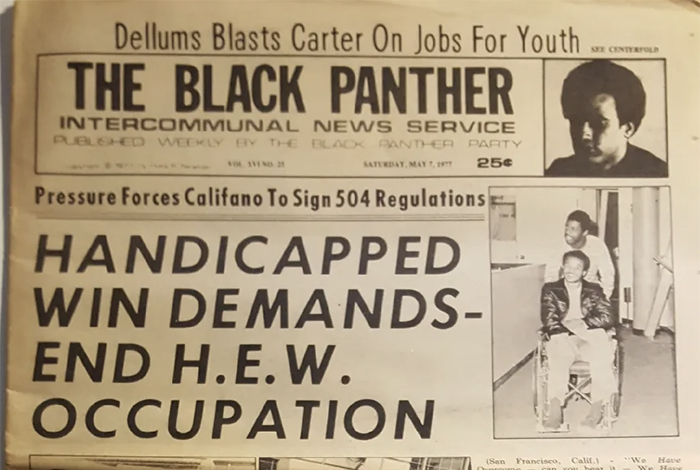
Handicapped Win Demands – End H.E.W. Occupation
Date: May 7, 1977
Creator: The Black Panther Intercommunal News Service
Type: Newspaper
Contact
Meghan Davisson (meghan.davisson@mnhs.org), grant director
Disclaimer: Content created and featured in partnership with the TPS program does not indicate an endorsement by the Library of Congress.